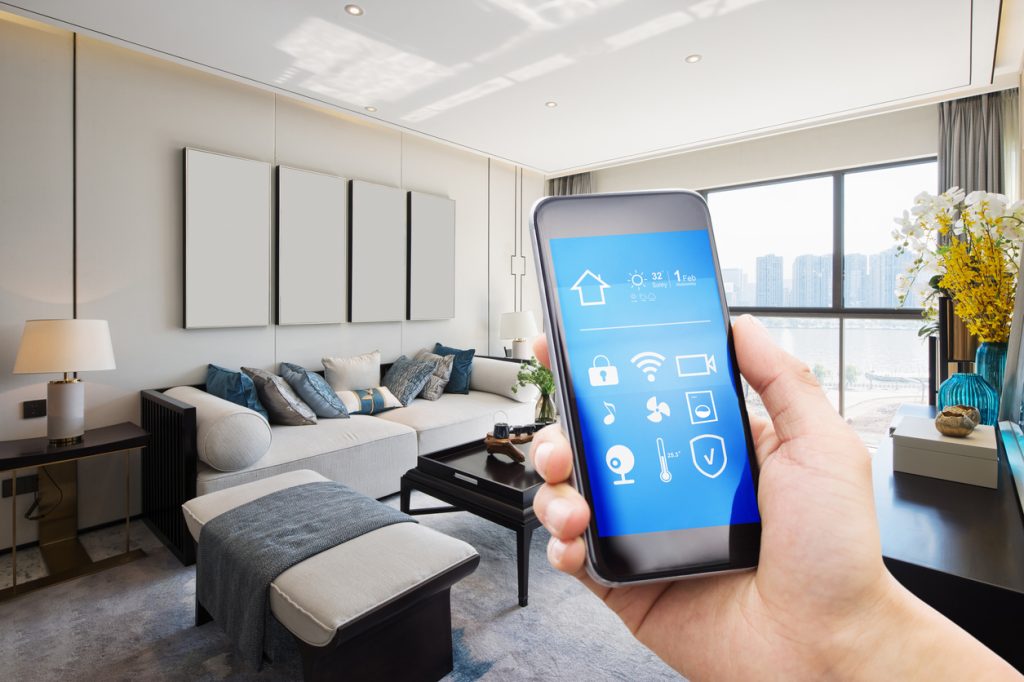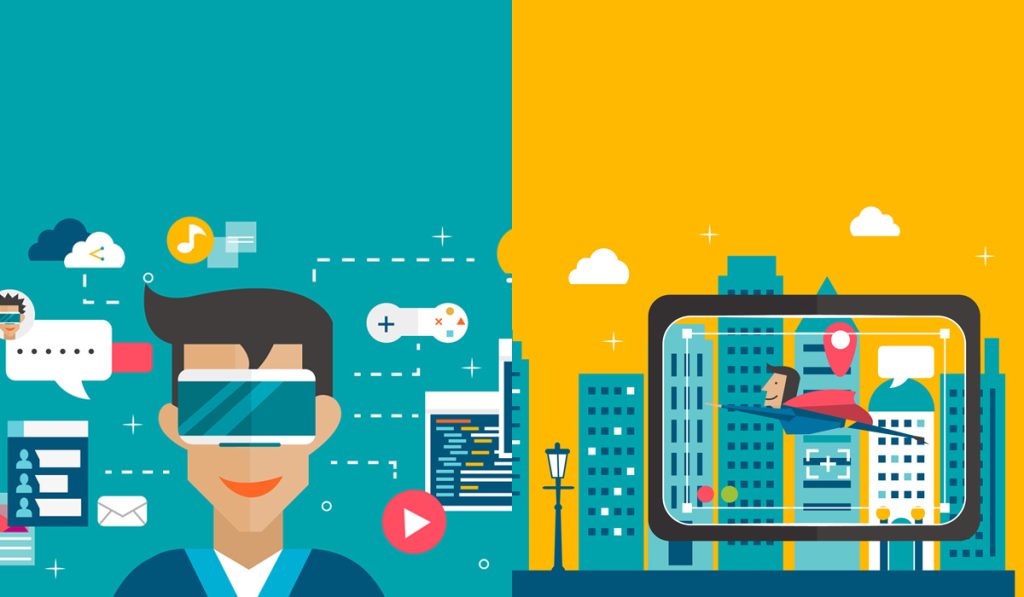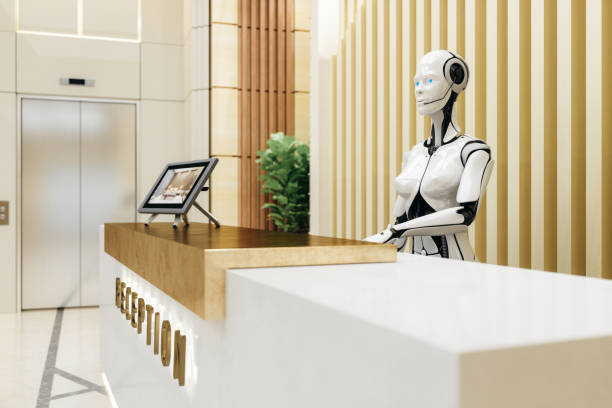The hotel industry, like many others, is undergoing a significant shift. Traditional hospitality is merging with digital sophistication, creating a new paradigm of services and experiences. According to a report by Boston Consulting Group, companies that embrace digital transformation generate 20% more operating income compared to their lagging counterparts. Here are a few innovative ideas for digital transformation in the hotel industry.

Imagine a room where the temperature adjusts itself, the lights adapt to suit your mood, and entertainment channels are customized as per your tastes. . This is not a futuristic fantasy but the reality of smart rooms. By using IoT technology, this innovation personalizes the guest’s environment to give them a tailor-made experience, leading to elevated satisfaction and loyalty.
Providing round-the-clock assistance is critical in the hospitality sector. Let AI chatbots address this need, by providing instant, relevant, and personalized responses to customer queries. According to a forecast by Juniper Research, AI chatbots could help businesses save more than $8 billion annually by 2022.
With digital transformation, the check-in and check-out processes are no longer a hassle. Hotel chains such as the Marriott & Hilton have already adopted mobile check-ins and outs, making it a smooth and contactless experience for the guests. Statista reveals that the mobile hotel booking area’s market share is expected to reach almost 70% by 2022 – a clear indicator of the growing importance of smartphones in the hotel industry.

Virtual Reality (VR) and Augmented Reality (AR) can provide guests with immersive experiences that transcend geographical boundaries. Virtual hotel tours, sightseeing previews, or room customizations are just a few of the many possibilities that can be unlocked by using these technologies . According to IDC, worldwide spending on AR and VR is estimated to hit $198 billion by 2025.
By utilizing AI, Machine Learning, and Big Data, hotels can analyze guest preferences and habits, consequently optimizing their stay and enriching cross-sell or upsell opportunities. In 2019, a report by MemSQL found that 61% of marketers believed AI was the most critical aspect of their data strategy.

Whether it’s delivering room service, handling luggage, or being deployed at the concierge, robots can redefine the guest experience. As reported by The Telegraph, Yotel, a high-tech hotel in New York, uses a luggage-storing robot, emphasizing the value that automation brings to the sector.
While the shift towards digital robustness can pose challenges, it is the path towards success in the new norm. Hoteliers need to embrace these emerging digital trends to stay competitive and attract modern, tech-savvy guests. By smartly integrating digital touchpoints into the traditional hospitality fabric, hotels can redefine the customer experience and set new benchmarks for the industry. The future of the hotel industry lies in effectively weaving these digital threads into their service design and delivery. The game is on!



